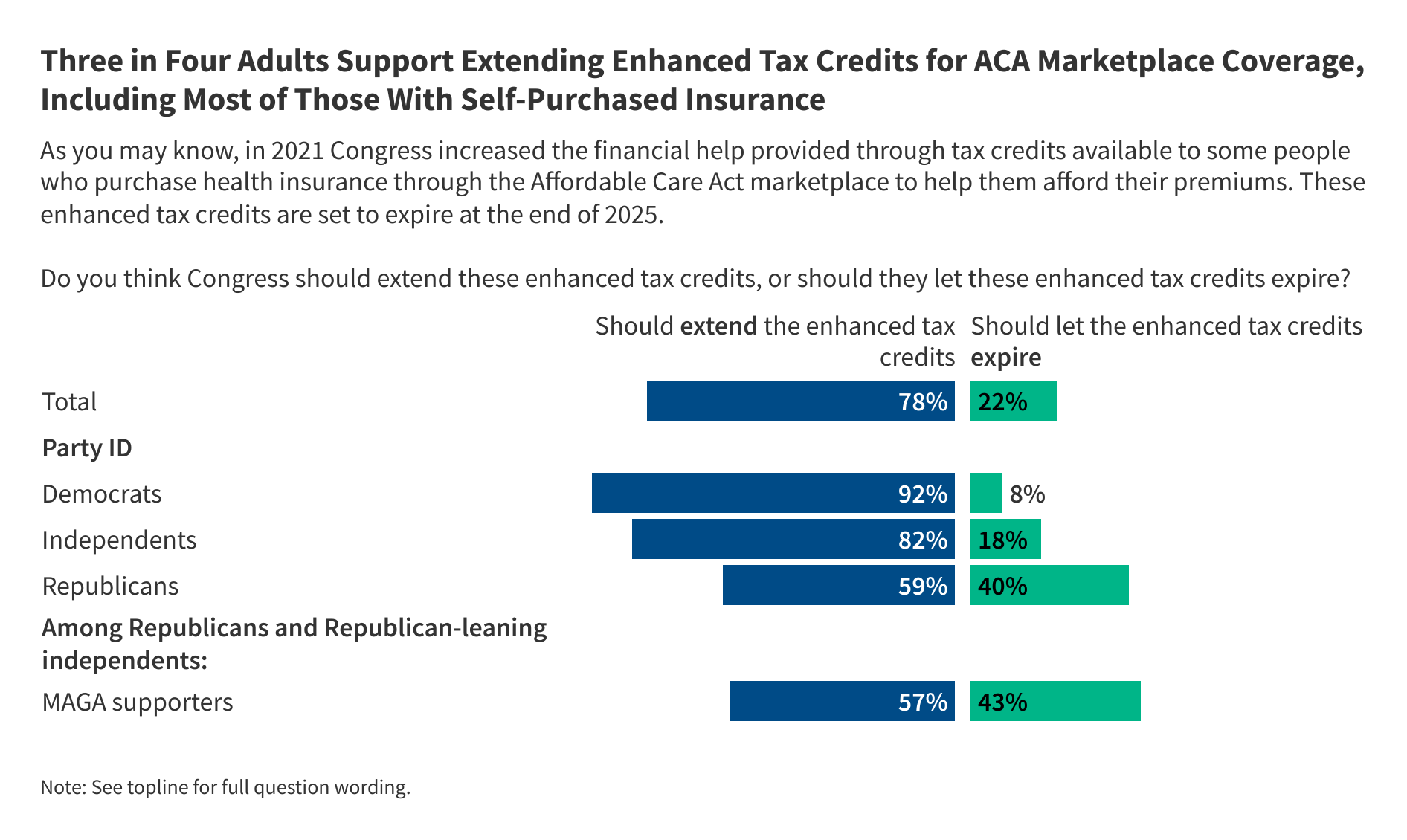- 7 Posts
- 93 Comments

 71·9 days ago
71·9 days agoI am also not a frontend dev, but you got me curious, so I did a little digging. Sounds like if you think you may ever turn it into a mobile app, choose React. Otherwise flip a coin between Vue or Svelte.
Modern replicas of many of these historical weapons are often twice as heavy as the real thing. A field Zweihander would have been somewhere around 5 lbs.

 631·17 days ago
631·17 days agoFinally got my last PC switched off Windows. It feels good.

 121·17 days ago
121·17 days agoI think there may be more opportunity for success here than your argument seems to suggest.
I agree with the focus on inequality. The sense that society is fundamentally unfair has a corrosive and a radicalising effect on politics. People can react to it in very different ways, from redistribution to out-group scapegoating, but the underlying motivation is that people see that there is vast wealth available in our society and they’re still struggling.
Where I may disagree is that most people are non-ideological. Not everyone, but a healthy majority. They aren’t focused on the philosophical roots of a candidate’s policies. They care that the candidate
- Sees, likes, and cares about themselves and their group
- Has a vision that gives them hope for something better
Many people can find that in candidates with a variety of ideological positions. The overlap between people who supported Bernie after the great recession, and went on to support Trump is bigger than one would expect.
So the equation is much less zero sum. You don’t lose one reactionary for every radical you bring into your camp. There really aren’t that many committed radicals and reactionaries.
The most toxic message today is the economic moderate. “Hey, it’s not so bad. Things could be a lot worse.” This is the zero sum relationship. You can’t keep both the people who are doing well and like how things work, and the people who are struggling and want the life they deserve. The material difference isn’t left vs right, it’s status quo versus change. There’s a lot more room for flexibility in the change camp.

 691·20 days ago
691·20 days agoFucking cool, and also remember to leave your phone at home, or at least on airplane mode.

 51·22 days ago
51·22 days agoPretty sure they’re typically publicly owned. Maybe some places lease them. Couldn’t find a national survey, but here’s at least one example of a county that bought some machines and a service contract.
Maybe a car fleet is a good example. Ford designs and builds the cars. Counties buy them, and often buy service and maintenance contracts to keep them running. The counties still own the cars.
I suppose counties could receive the source code, have it audited, and then compile and load it themselves.

 92·22 days ago
92·22 days agoI thought about this for a second, and I don’t actually think being open source would do any good. It’s not like we can compile and run our own voting booths. There’s no way to know what’s actually running in the machine at your polling place.
And voting machines are publicly owned, but perhaps you meant designed and manufactured by the government?

 63·23 days ago
63·23 days agoExactly. They’re trying to scare us off. A little courage now may spare us the need for really scary things later.

 161·24 days ago
161·24 days agoIt would be interesting to learn something about the demographics on Lemmy.
I usually liken the bad vibes on Lemmy to being stuck with a bunch of cynical teenagers. Nothing is ever good enough, nothing good can happen. They know this with absolute certainty.
I am also probably older than average here.

 26·27 days ago
26·27 days agoI try to stay skeptical about conspiracy theories, but I have yet to see an explanation for why this guy had so much money and connections. To talk about “science” and “money markets”? At Bill Clinton’s request? None of that makes sense to me.
How did it never occur to me to ask where bee’s wax comes from?

 11·29 days ago
11·29 days agoLooking forward to more vindictive prosecution findings.

 111·1 month ago
111·1 month agoIs this another one of those where Steam Deck gets lumped under Arch?
 25·1 month ago
25·1 month agoLast I heard Trump was cold calling world leaders to beg for Nobel peace prize nominations.

 2·1 month ago
2·1 month agoI thought the healthcare tax credits were too technical to grab popular support, and turn the shutdown against Republicans. Maybe I was wrong.

 8·1 month ago
8·1 month agoA counterpoint would be to ask which platforms digg and reddit began as clones of. Seems they were pretty unique and yet exploded almost from the beginning. Snapchat? Vine? They were both pretty unique.
To OPs point, basically all of the fediverse apps are clones, which aside from the federation element, don’t add anything to the formula they are cloning. Even if you prefer the incremental strategy, where things are basically the same with a few new features, it would be hard to argue the fediverse apps even meet that bar. To the average user, federation is a technical issue they’d rather not be bothered with.
So I’m inclined to agree that this first wave of open source, federated social platforms have ended up, in terms of social features, pretty uninnovative. But before I sound too critical, I appreciate the work these app builders have put in, and clearly use the apps myself.
It may be a question of project scope. If what you aim to do is liberate yourself and your fellow nerds from corporate platforms, the clones suffice. If, perhaps, your aim is to liberate everyone, you’ll need innovation in both the backend, and the social features to draw in everyone else.
Caveat - I’ve only really used Mastodon and Lemmy. Perhaps others are different.

 1·1 month ago
1·1 month agoI’m holding out hope that the real world remains separate from social media. We shall see. And for the Americans in the audience, remember No Kings Oct 18!










That experiment has been pretty thoroughly discredited.
https://en.wikipedia.org/wiki/Stanford_prison_experiment